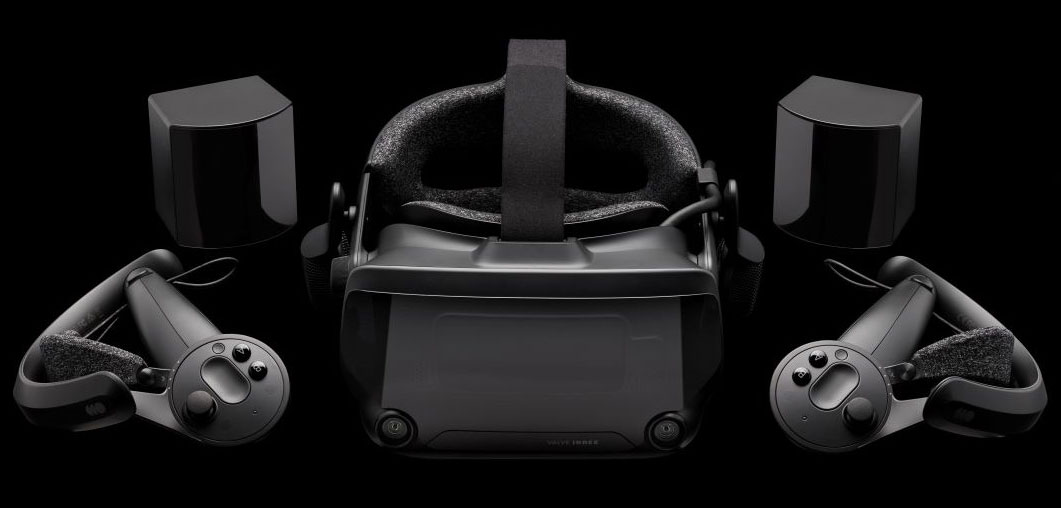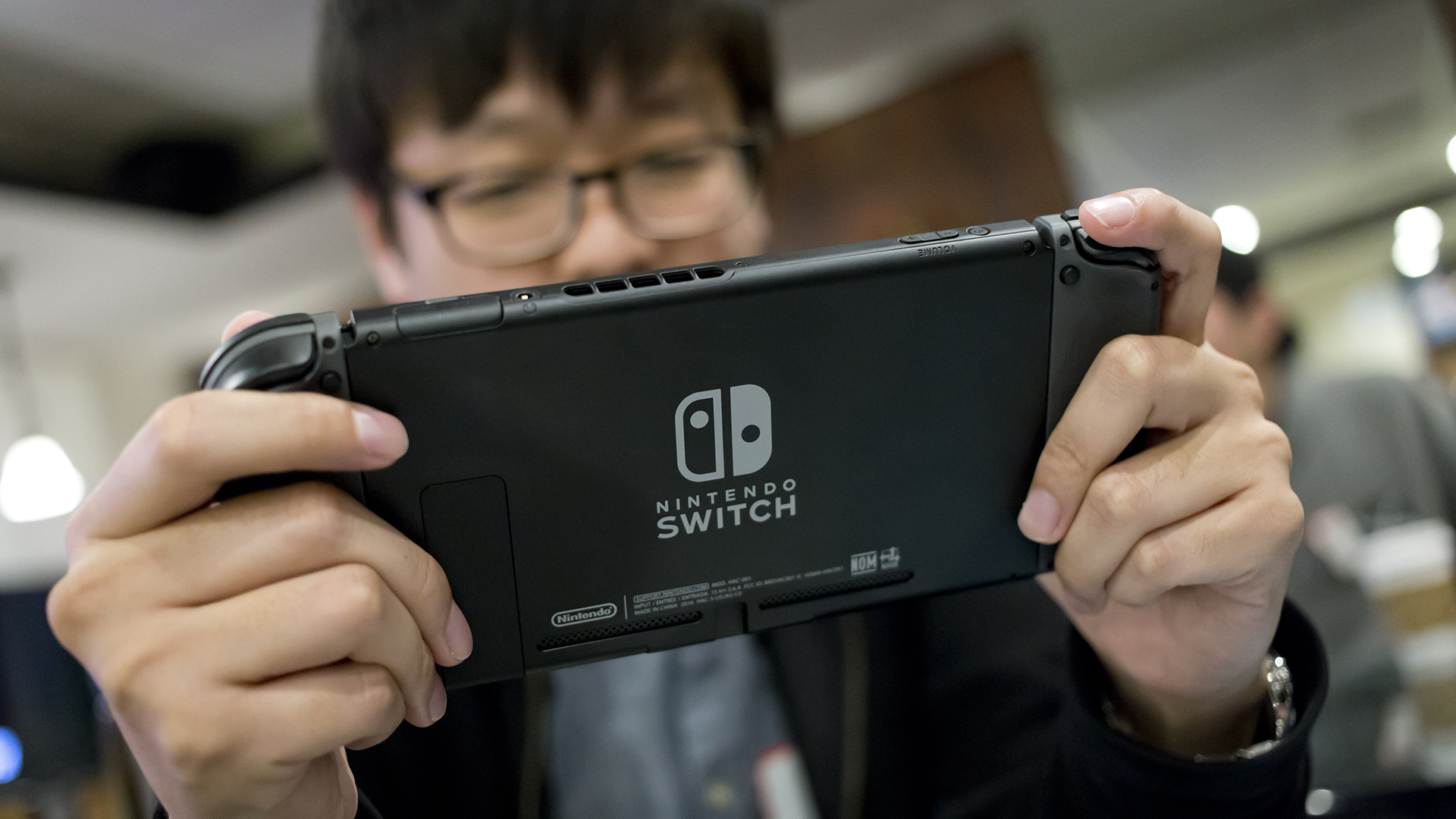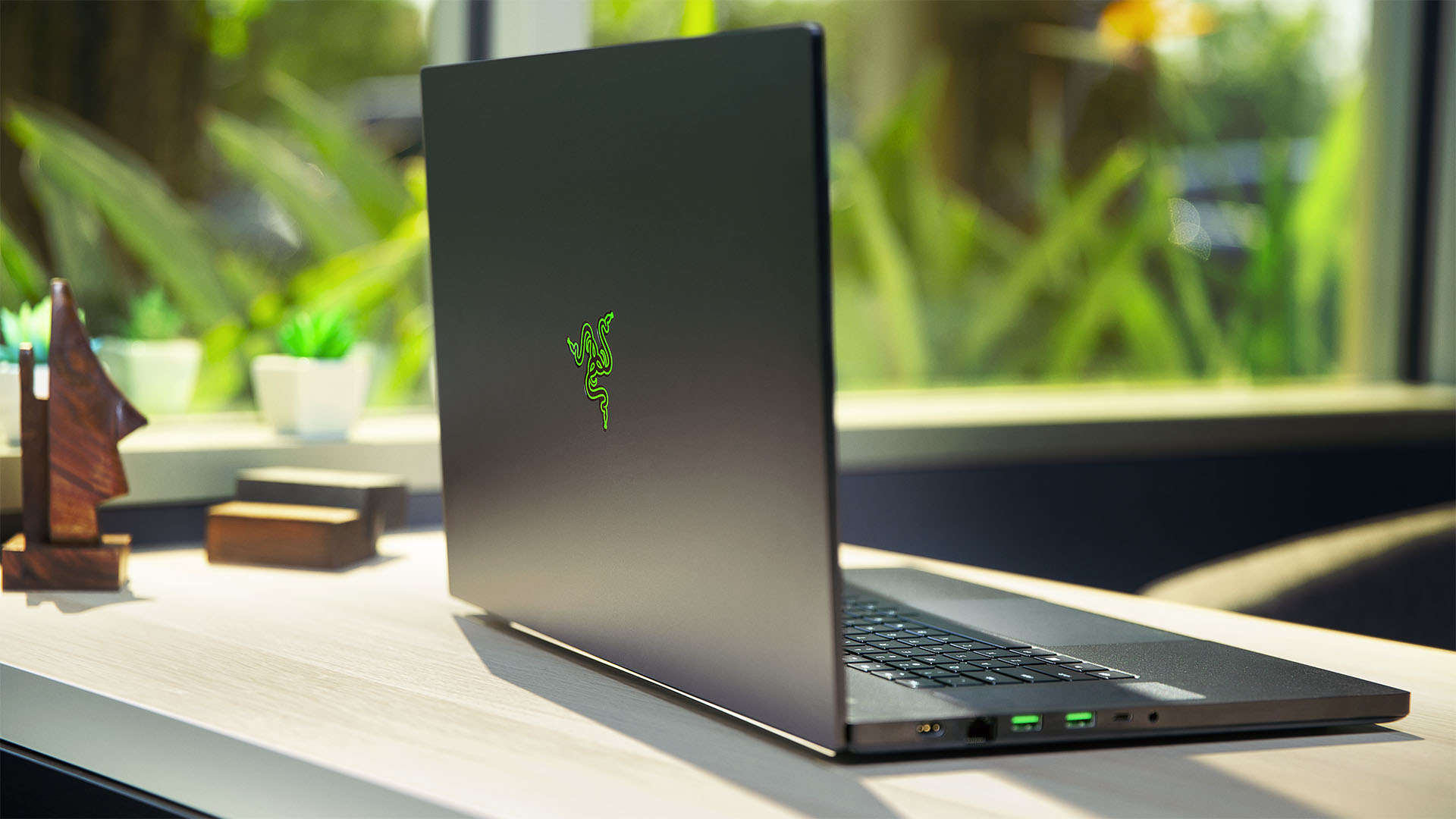Valve's rumoured Steam console could kick handheld PC gaming into overdrive
We're familiar with the first wave of handheld gaming PCs, but what comes next could fuel a whole new form factor.

For years I sat at a desk with an Alienware Steam Machine close by. It wasn't used for anything, I'm not even sure it was functioning, but it did serve as constant reminder that not every idea, no matter how good it seems or how big the company backing it, will work out. This should be warning enough of why I should be hesitant to put all my eggs in the SteamPal basket long before we even officially know it exists—but I am, because I really want to believe in the concept.
Valve is a surprisingly small company that likes to experiment. Its dabbling has produced some amazing hardware—the Valve Index—as well as notable failures like the Steam Machine. You win some, you lose some. Valve has a track record of throwing projects at the wall and seeing if they stick.

Best VR headset: which kit should you choose?
Best graphics card: you need serious GPU power for VR
Best gaming laptop: don't get tied to your desktop in VR
What could make the SteamPal a success, especially in a market where handheld gaming is arguably well covered by Nintendo? Earlier this week our own Alan Dexter published his opinion of the Onexplayer, a handheld Switch-like gaming PC that gained a over a million dollars in funding in a few days of its Indiegogo crowdfunding campaign.
"A touchscreen handheld gaming machine that's great to pick up and just play with," Alan writes in his Onexplayer review. "It feels like there's a place for it in the PC gaming landscape, and that should be seen as a success, even if this version isn't quite there yet."
I briefly took the Onexplayer for a test drive in Forza Horizon 4, and it really does feel like fine proof of concept. The functionality is there, mostly, but it would require quite a bit of polishing to make using it as mindless a task when you're out and about as the Nintendo Switch.
"I really want to love the Onexplayer." Alan concludes. "It does so much right. But it pulls up a bit too short in the graphics department for my tastes. It feels like One-netbook believed Intel's hype for its Xe graphics in Tiger Lake a bit too much. If we could get this packing AMD's rumoured Zen 3 and RDNA 2-powered Rembrandt APUs, then I'd be a lot more interested—although they're not due until the start of 2022, so I'm going to have to wait for that. "

It's not quite Rembrandt but the SteamPal is now rumoured to come packing an AMD Van Gogh APU with Zen 2 CPU cores and an RDNA 2 GPU. That remains largely speculative at this time, but perhaps Alan won't be waiting around quite as long for something not all that far off his ideal.
Keep up to date with the most important stories and the best deals, as picked by the PC Gamer team.
There are many devices much like the Onexplayer too: the GPD Win 3, Aya Neo, Alienware Project UFO, and Lenovo Lavi Mini, to name a few. Any of which may find the right formula to make portable, and local, PC gaming a reality. That is to say the future of handheld PC gaming doesn't solely rest on Valve's shoulders, nor should it.
But Valve may be a good fit to test the handheld concept out on a larger scale. It is, after all, a company that is at least willing to portion some of its millions on whatever new-fangled idea is all the rage at any given moment.
It's the company that makes you say 'Who, Valve?' whenever they announce something. And it'll go one of two ways after that: you either end up with, 'This actually works surprisingly well' or the more pessimistic 'I can see what they were going for...'

While that sentiment may conjure up images of Valve's Skeletal VR hand tracking, it's actually the Valve Index's over-the-ear speakers that are my personal go-to example of when it went well for the company. Exceptionally well, in fact. I initially thought the VR headset's unique approach to built-in audio would leave me craving a pair of headphones to immerse myself more in the action, yet one spin in the Valve Index and I was sold that it may be the best VR audio solution yet.
The Valve Index in its entirety is a statement piece for the company's hardware aspirations and proof it can absolutely deliver.
But Valve's VR headset isn't cheap, and even an AMD APU-powered Linux machine could make your bank account weep if Valve wanted it to. But hey, someone will try to push handheld PC gaming into the mainstream, in both price and functionality, and it could just take a big corporate backer like Valve to do it.
The bigger question for handheld PC gaming is perhaps whether you really need a powerful gaming machine in your oversized pockets when the Nintendo Switch exists. But I suppose it only takes your favourite game being PC exclusive to win that fight. Plus there's the added benefit of many years' worth of PC libraries instantly available for many, instead of a bespoke store with lofty price tags to repurchase. The value of that alone for existing PC gamers would be huge.
Then you've got to try to sway PC gamers away from a laptop and onto a more purpose-built gaming machine. That, I feel, may be the toughest part of all, and will take the most finessing of price, battery, and performance to accomplish.
Whether a Valve machine is the handheld PC to buy in a year or two, no one can say. We can't even say for sure if there will be a Valve handheld launched during that time, Gabe Newell's off-hand comments or no. But even the interest of a major player such as it could come as a shot of adrenalin to the compact handheld market, and that should give excited players a little more hope for playing the PC gaming's finest far removed from a desk.

Jacob earned his first byline writing for his own tech blog. From there, he graduated to professionally breaking things as hardware writer at PCGamesN, and would go on to run the team as hardware editor. He joined PC Gamer's top staff as senior hardware editor before becoming managing editor of the hardware team, and you'll now find him reporting on the latest developments in the technology and gaming industries and testing the newest PC components.

